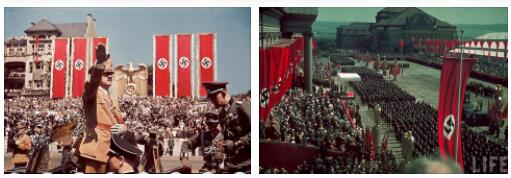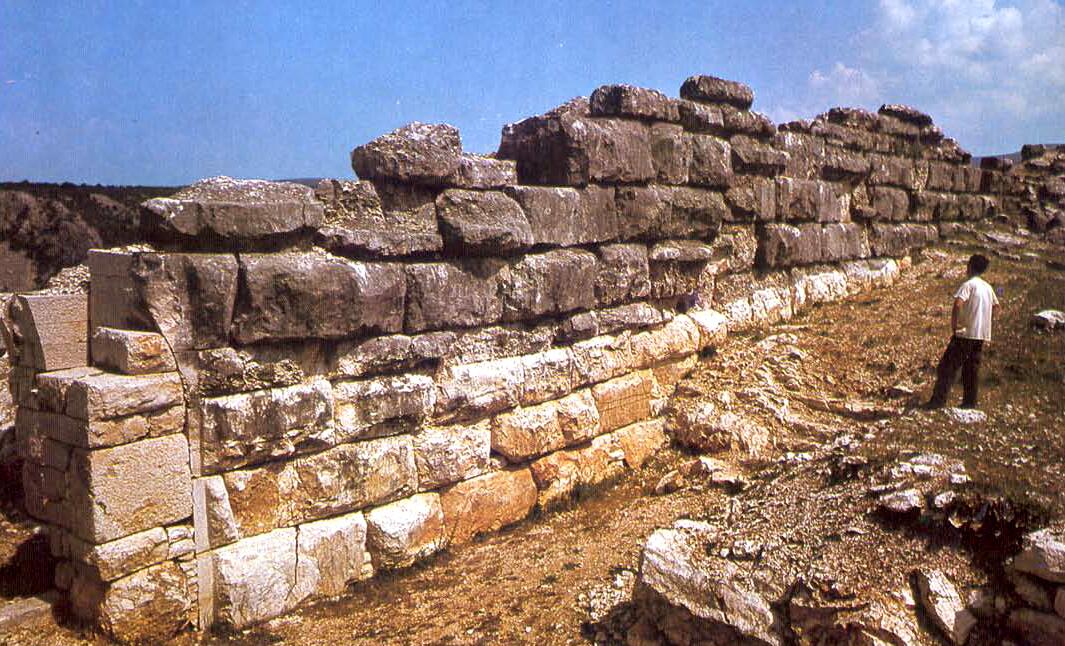Political instability and military coups
The second half of the 20th century brought an eventful history to the Turkish republic, characterized by political instability and changing governments. The military staged three coups and dissolved the respective governments in 1960, 1971 and 1980. The crises were accompanied and triggered by strong polarizations of left and right groups as well as economic difficulties. As a result, party bans were issued and political activity was suppressed, which led to a weakening of trade union activities that has continued to this day. The constitution was changed three times after the coup and adopted by referendum.
In 1997 there was another coup known as the “February 28 trial” or the “postmodern coup”. The military, as the guardian of the secular constitution, accused the elected Islamist government under Necmettin Erbakan of intentions to Islamize and subjected the Refah Partisi to a ban process. The government resigned, but Erbakan himself and Erdogan were subsequently banned from politics. Two years later, the AKP was founded as the successor party.
Cyprus crisis
The Cyprus crisis goes back a long way. Because of its location, it has always been of interest to other European powers. In 1974, the then Greek military dictatorship overthrew the Cypriot President Makarios. The Turkish Prime Minister Bülent Ecevit then sent troops to Cyprus to protect the Turkish minority on the one hand and to prevent a merger between Greece and Cyprus on the other. After heavy fighting, an armistice was agreed which led to the division of the island into two independent parts, which continues to this day.
According to computerannals, the unresolved Cyprus problem is also having an impact on Turkey’s EU accession negotiations. The island state is also trying to pursue its own interests in the refugee deal between the EU and Turkey.
Changing party alliances and increasing corruption
In 1982, after the ban on political parties was lifted, the political party landscape changed and the DSP (Democratic Left Party through Ecevit), DYP (Party of the Right Path through Demirel), and RP (Welfare Party through Erbakan) were founded. The right-wing national MHP gained influence. Since no coalition was able to agree on a government program and there was constant tension between the political leaders, effective policy became impossible. Corruption and patronage of office grew.
Kurdish conflict
From the mid-1980’s, the Kurdish conflict determined the domestic political debate in Turkey. The assimilation of Turkey led to the suppression of Kurdish culture and denial of identity as mountain Turks with Kurdish as a Turkish dialect. Deportations were the result, Turks were settled in Kurdish areas. Their villages were renamed and parents were also prohibited from giving their children Kurdish first names. Publishers were banned and the language was not allowed to be spoken. As a reaction to this, the Kurdistan Workers’ Party (PKK) was formed in 1978 with Abdullah Öcalan at its head. In 1984 it took up the armed struggle in the southeast for an independent, initially socialist Kurdistan state and wanted to change the feudal conditions of the region. The state reacted with military interventions and secret operations, including against the civilian population. People migrated from the villages to the cities of the southeast and from there to the west of the country. Without an economic basis, they were dependent on support from their own families. By giving up Kurdish identity and adapting, it was possible to ascend in the state, society, economy and culture. On February 16, 1998, the Turkish secret service captured Abdullah Öcalan, the leader of the PKK, in Kenya and sentenced him to life imprisonment.
The AKP is growing stronger
2002 marks the beginning of a new era. The religious-conservative AKP (“Party for Justice and Progress”) achieved a majority with its then party leader Recep Tayyip Erdogan (now 2015: President). In his first term of office also the start of the accession negotiations to the EU and the related far-reaching domestic political reforms. Since then, the AKP has been the sole government, with the exception of an intermezzo in June 2015, when the AKP was unable to conduct successful coalition negotiations and new elections were necessary again in November 2015.
Ataturk’s reforms and principles
Ataturk immediately began reshaping the republic that would bring the country into the modern age: “There is no second civilization; Civilization means European civilization, and it must be introduced – with its roses and thorns. ”
- Abolition of the Sultanate (1922) and Caliphate (1924): Dissolution of the religious courts and training centers, as well as the office of the supreme clergyman
- Introduction of European legislation (1926)
- Introduction of the Gregorian calendar (1926)
- Introduction of women’s suffrage and monogamous marriage (1926)
- Abolition of Islam as the state religion (1928); Religious Affairs Office (Diyanet Isleri Basbakanligi) takes responsibility for matters of faith
- Introduction of the Latin alphabet and the ban on fez as headgear (1926-1928)
- Prohibition of wearing religious clothing and the veil
- Introduction of family names and Sunday as a weekly holiday as well as the passive right to vote for women (1934)
Ataturk formulated his six formative principles in 1934:
His reforms were revolutionary for the society of the time (57min16).
- Nationalism: establishment of a Turkish nation state
- Secularism (laicism): Separation of state and religion and with it Turkey’s exit from the Islamic world of states and departure from the Islamic idea of empire
- Republicanism: Choice of the republican form of government with final rejection of the re-establishment of sultan and caliphate rule
- Populism: equality of citizens regardless of ethnicity, language or belief. At the same time, the will of the people should be recognized as a constitutive element of the Turkish Republic.
- Statism: Determining role of the state in the economy
- Reformism: Postulate of a permanent dynamic reshaping of state and society.
These 6 pillars are also included in the party symbol of the CHP (Republican Party), whose founder is Ataturk.




